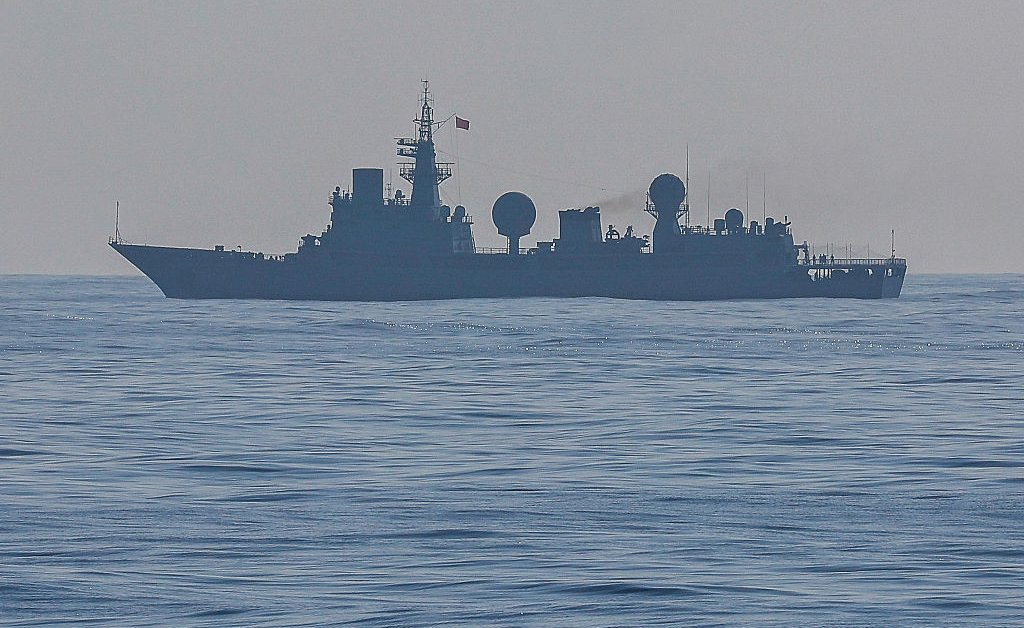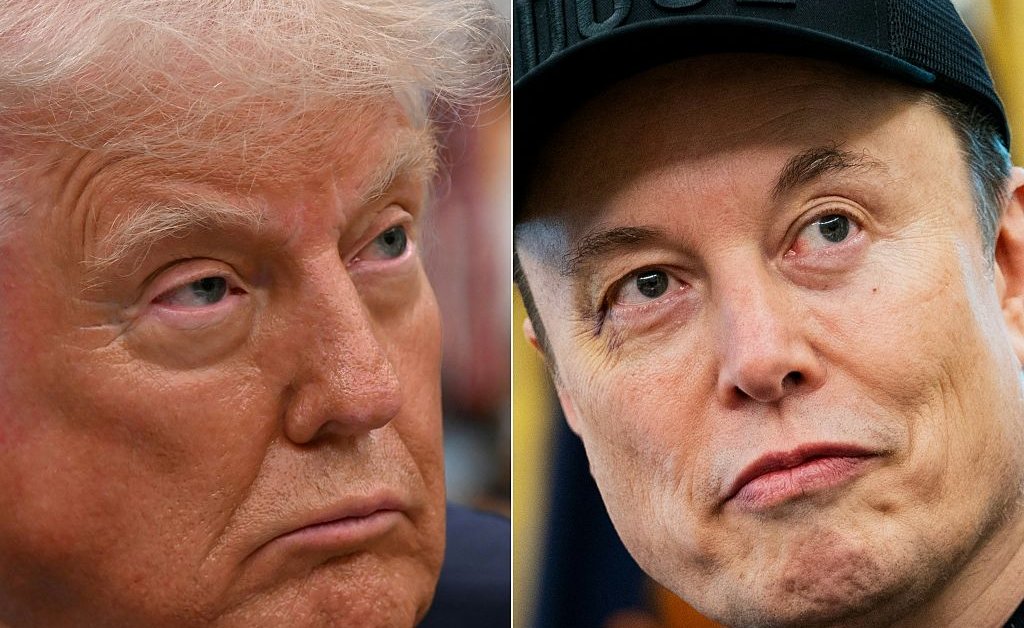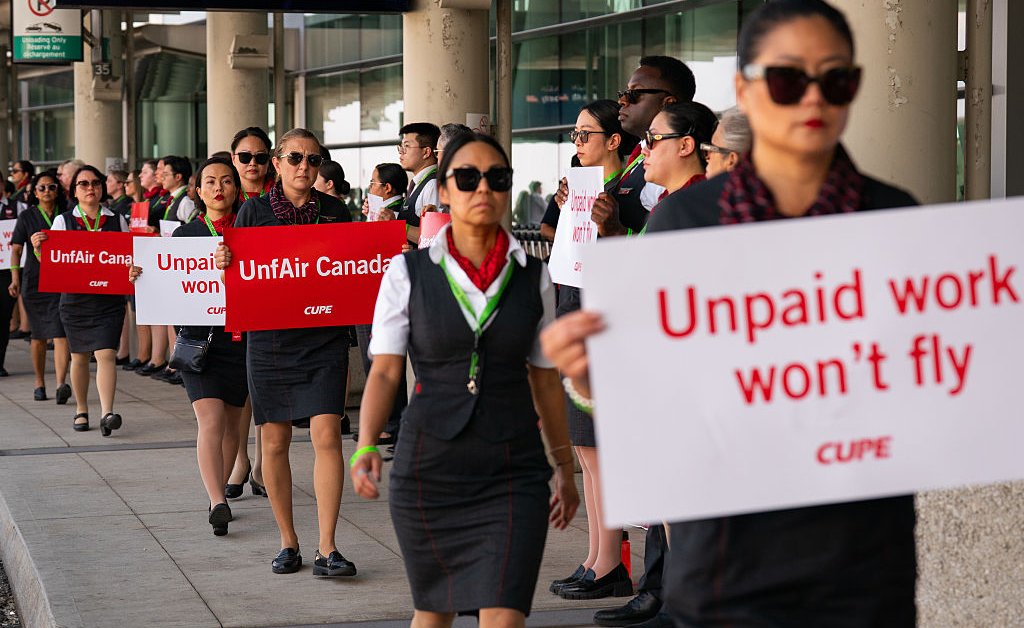In the past few years, a series of high ranking officials have said that China will invade Taiwan by 2027. U.S. Secretary of State Pete Hegseth offered that view in May, as did the then Taiwanese Foreign Minister Joseph Wu two years ago and the then Chairman of the Joint Chiefs of Staff Mark Milley another two years earlier.
In the face of such pronouncements, it would be tempting to see that date as a near certainty. But there are many reasons why it may not come to pass, including the worrying reality that China could achieve its designs on Taiwan without firing a shot.
Read More: Why China-Taiwan Relations Are Getting So Tense
Invasion is a simple word but it refers to complex things. China could try to launch an amphibious invasion, with one of the vast new ships with specialist landing barges spotted in Guangdong earlier this year. But the move would be foolhardy for a largely untested navy. A more likely scenario is a blockade, like the smaller-scale one Beijing imposed after the then House Speaker Nancy Pelosi visited Taipei in 2022. China might also set off a vast cyberattack. But even with all of the above Taiwan would not lay down and accept violence. And if China eventually prevailed—and that is a big if—winning the peace would be a far more time consuming and treacherous venture.
On top of this, the odds are still that the U.S. would intervene, despite President Donald Trump’s capriciousness. The risk of this becoming not just a China-Taiwan fight, but a direct confrontation between the world’s two superpowers is real. And frightening, even to the leaders around Xi Jinping in Beijing.
The speculation about 2027 has to be viewed from the perspective of who is saying it, and what their motives are. Taiwanese need to feel supported and protected, and so it is understandable that they want the world to take the threat seriously. And the U.S. is embroiled in an epoch-defining struggle against China. Talk of a looming Taiwan invasion is a good rallying point for the rest of the world to line up behind America and face down China before it tries anything.
Read More: Why Protecting Taiwan Really Matters to the U.S.
The one group of people who have largely remained silent are, unsurprisingly, the Chinese. Xi himself has talked plenty about reunification. But he has publicly avoided any hint of a timeline. For all the scary qualities attributed to China’s current leaders, one thing that does characterize them is caution. Their domestic situation is economically challenging, and the Party fears they are one uprising away from being ousted. A major military move that went wrong would be precisely the thing that might precipitate chaos. They will therefore not engage in conflict unless they are certain it will succeed.
And that is where the waiting game comes in. From Beijing, rightly or wrongly, they see daily evidence that the West is in decline. There is deep political polarization on almost every issue (except, ironically, on the threat from China). And a similar polarization can be seen in the politics of Taiwan itself, where President William Lai’s administration is engaged in recalls against opposition lawmakers, in a move widely seen as trying to gain more power.
For China, the hope is that Taiwanese will see the West growing less capable and potent with each passing year. The old adage of blood being thicker than water will mean that China’s principal appeal for unity with Taiwanese—cultural commonality—will finally have traction. There is already some evidence that views on the island are moving in this direction. A recent poll by The Taiwan Public Opinion Foundation found while 49% felt America more dependable than China, a significant 43% thought the reverse.
The scenario of a slow reunification would have been pure fantasy even a decade ago. Today, it is a little more believable. And in the coming years, who knows, it might become a reality as the Western-led world order gives even more signs of systemic decline. On Taiwan, China just has to win the psychological war. And for that, it needs no landing barges or hi-tech ballistics. It just needs the West to carry on ripping itself apart.








